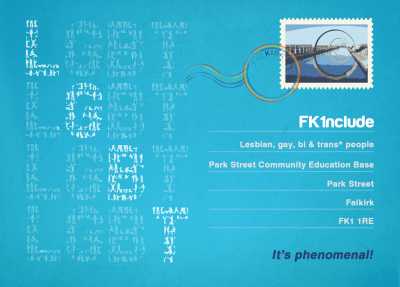Sharon Wallace, Curriculum Support Officer, Falkirk Council has been examining the area of grammar in relation to developing literacy attainment in Falkirk Schools.
Sharon started this project off by talking to pupils fro P5, P6 and P7 at Stenhousemuir and Laurieston Primary Schools. Here is a collection of their thoughts:
The pupils then went on to explore a wide range of grammar resources which included: books, games, websites, grammar literacy maps, CD containing grammar songs and grammar dictionaries.
They really enjoyed the grammar games and websites and thought they would be most effective to support with their learning of grammar.
The pupils were really enthusiastic about the resources and developing a blog to support other learners.
Here are a few of the websites we looked at:
http://www.dreaded-apostrophe.com/
http://www.apostrophe.org.uk/page2.html
http://www.spellingsociety.org/
http://www.bbc.co.uk/bitesize/ks2/
Watch this space for further developments! Thanks to the pupils from Stenhousemuir and Laurieston for their active involvement in this exciting project!














